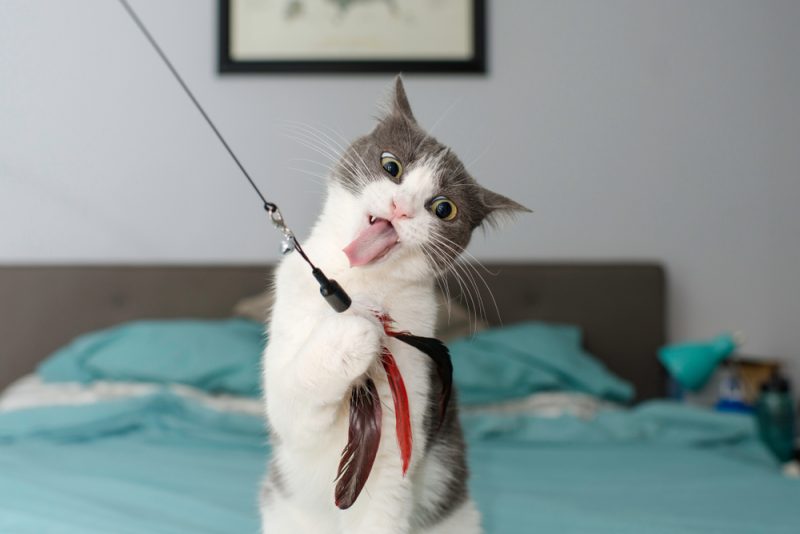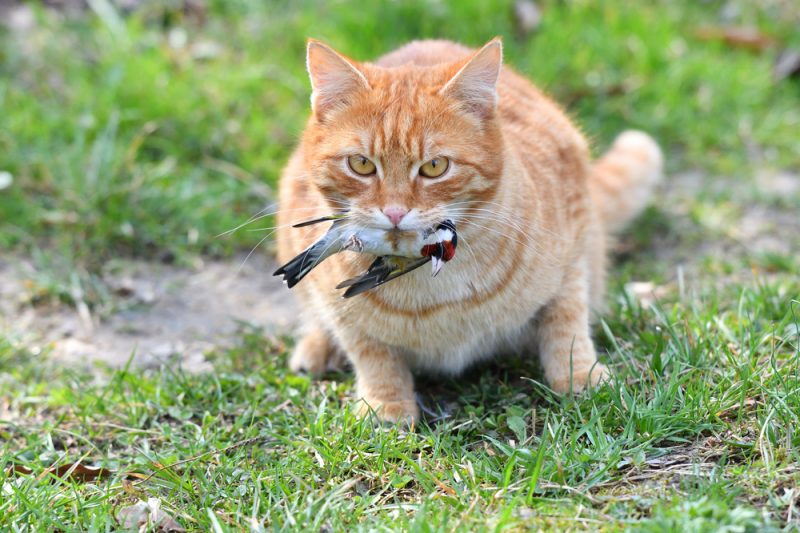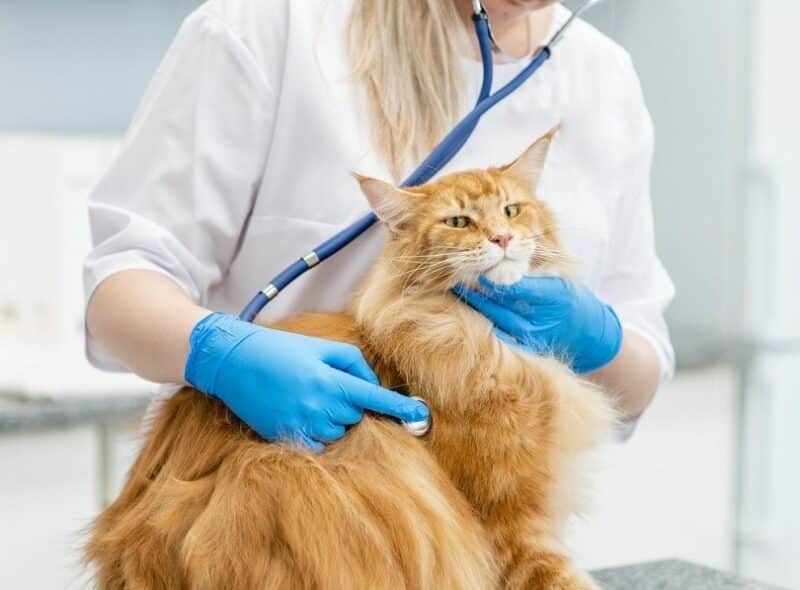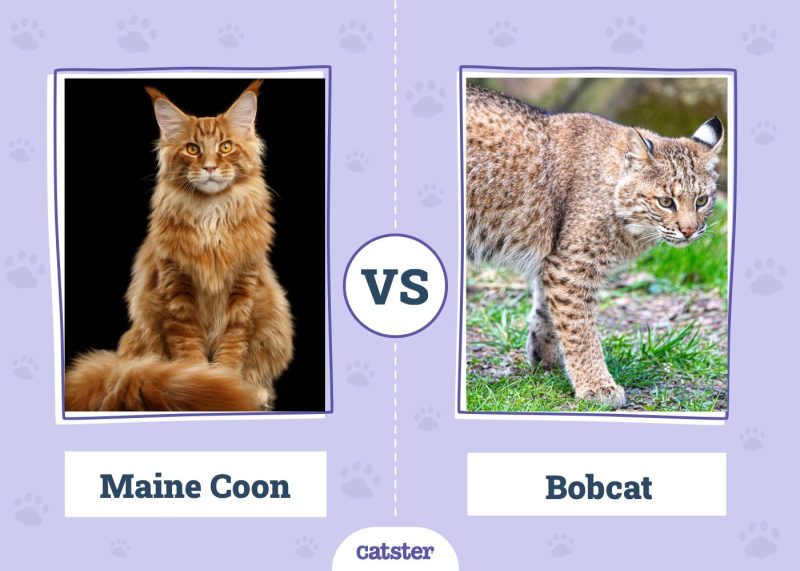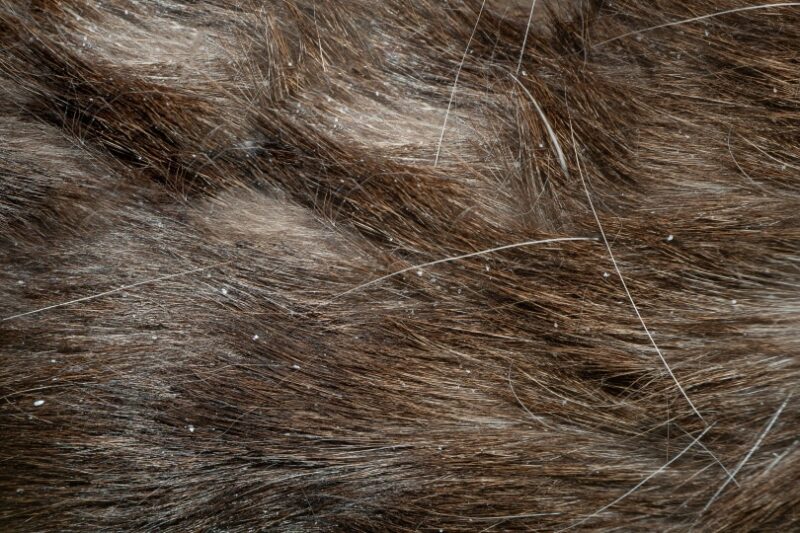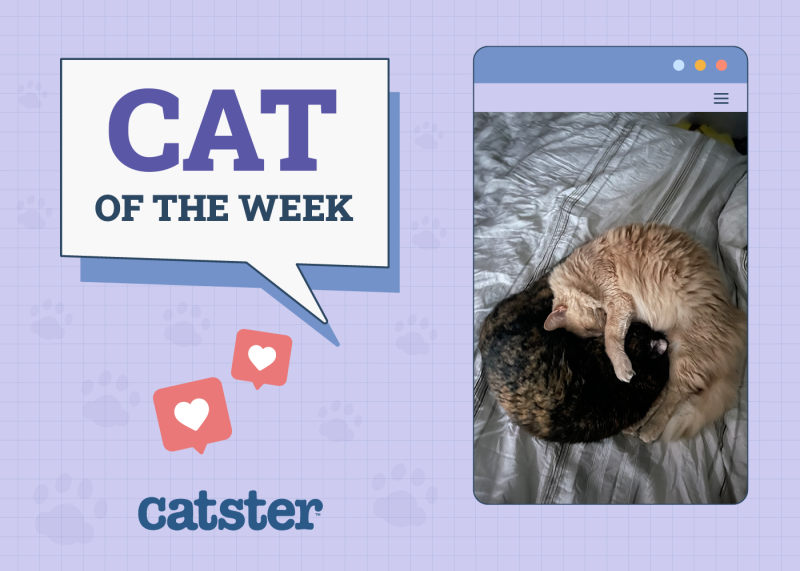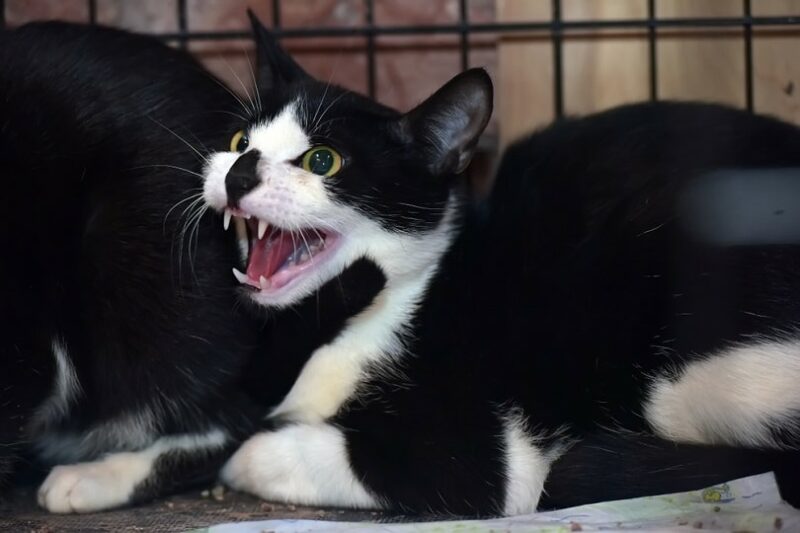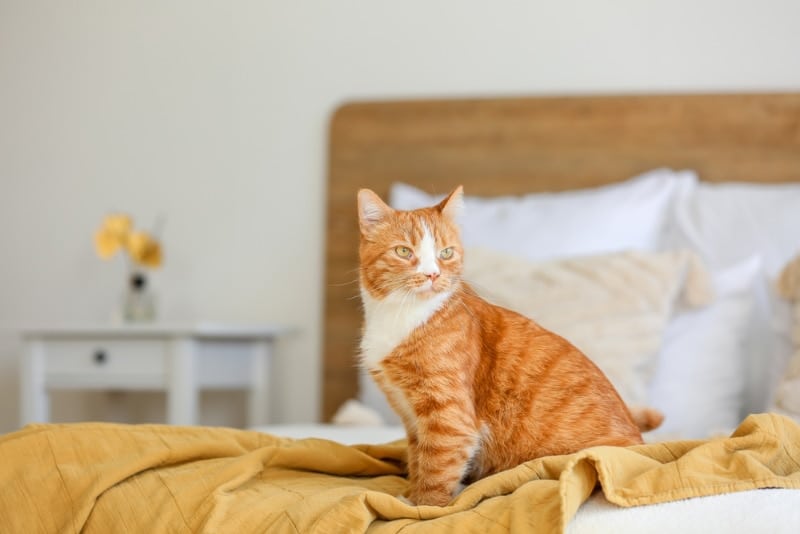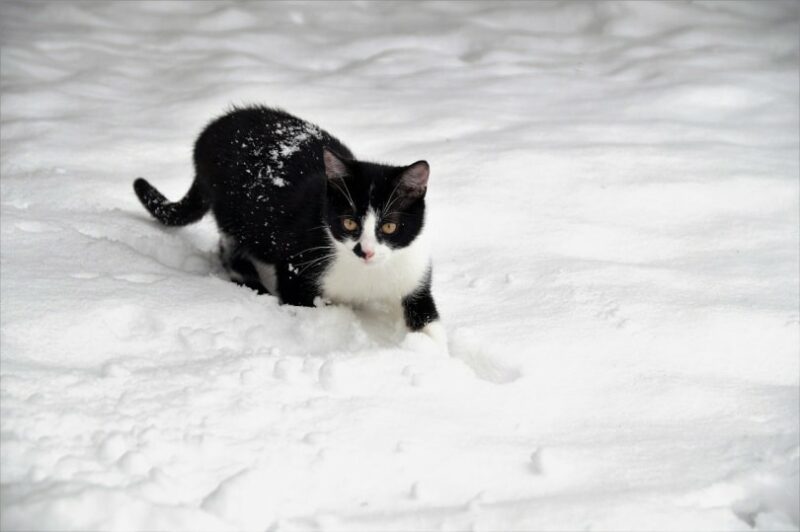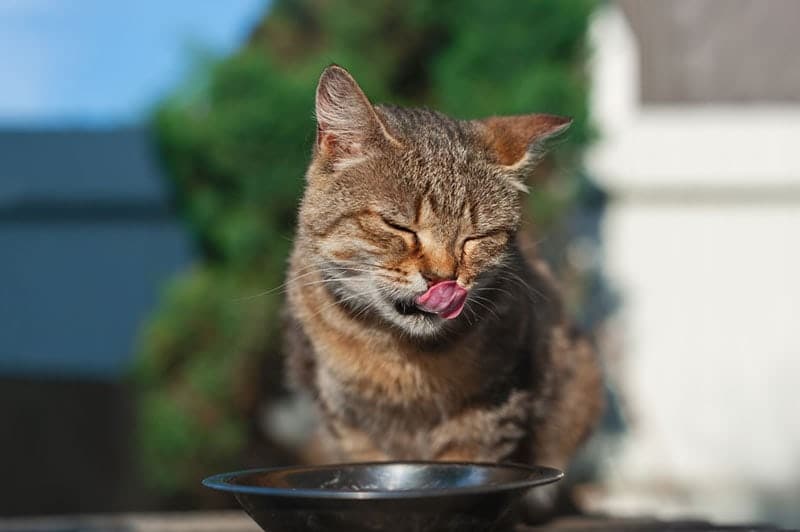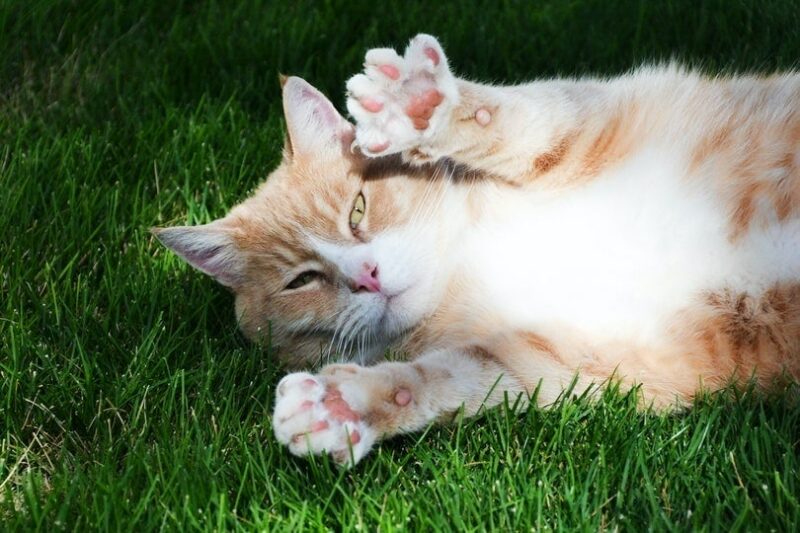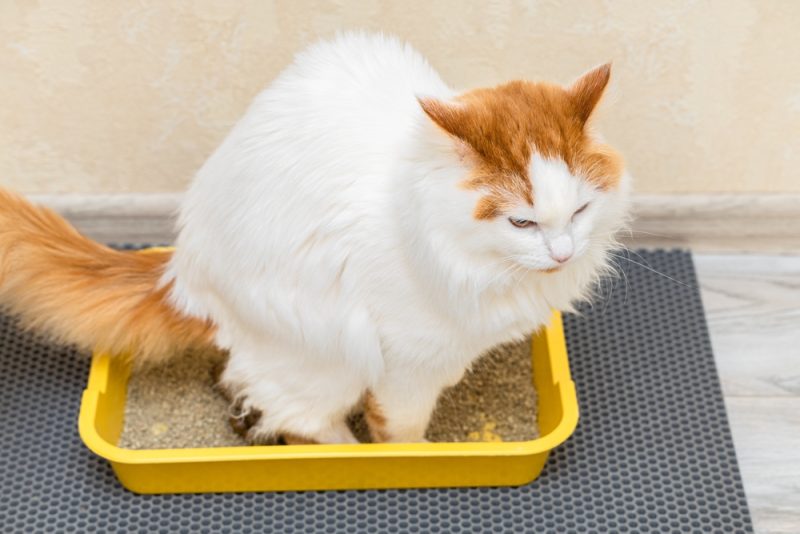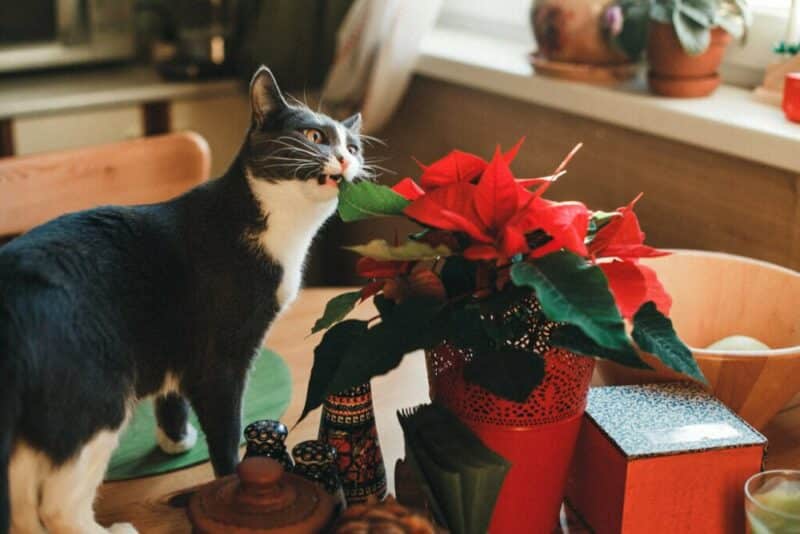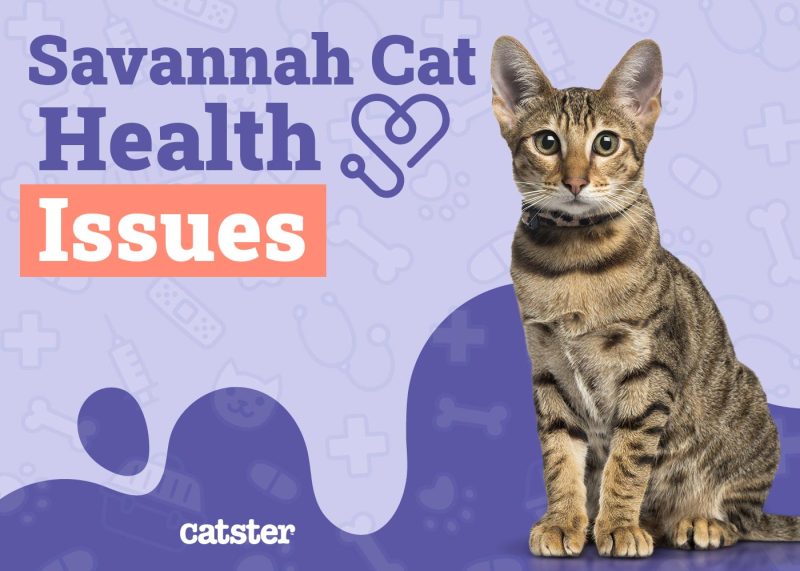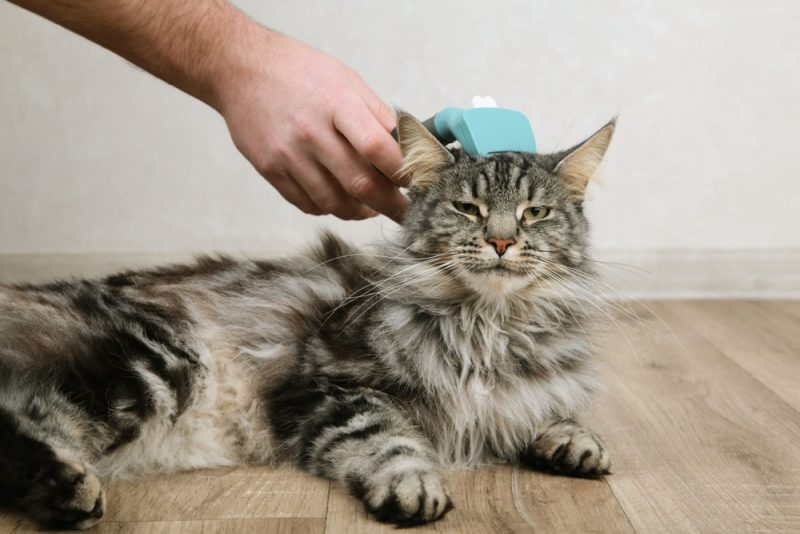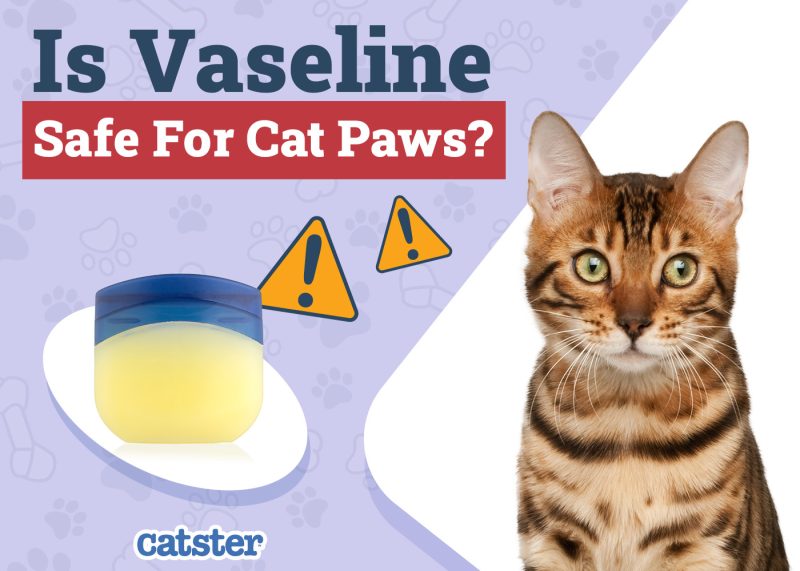In this article
Cats are known for their curiosity, leading many of them to want to taste all kinds of human delicacies. As responsible cat parents, we need to be cautious when allowing our felines to consume specific foods; otherwise, our good intentions could become a recipe for disaster.
If you’re wondering if felines can eat chocolate ice cream, the simple answer is no. Although chocolate ice cream is unlikely to kill your cat, it can make them unwell and they should not be allowed to eat it.
Read on to learn why cats shouldn’t eat chocolate ice cream, the ingredients of this treat and how they affect cats, and more!

Cats Should Not Eat Chocolate Ice Cream
Just because our feline friends may be drawn to the creamy taste of chocolate ice cream doesn’t mean this treat should be included in their diet. Chocolate ice cream is high in sugar and fats but low in protein, which is why it provides little to no nutritional value for cats. This human sweet also contains various ingredients that could be harmful to cats and cause multiple side effects and health problems.
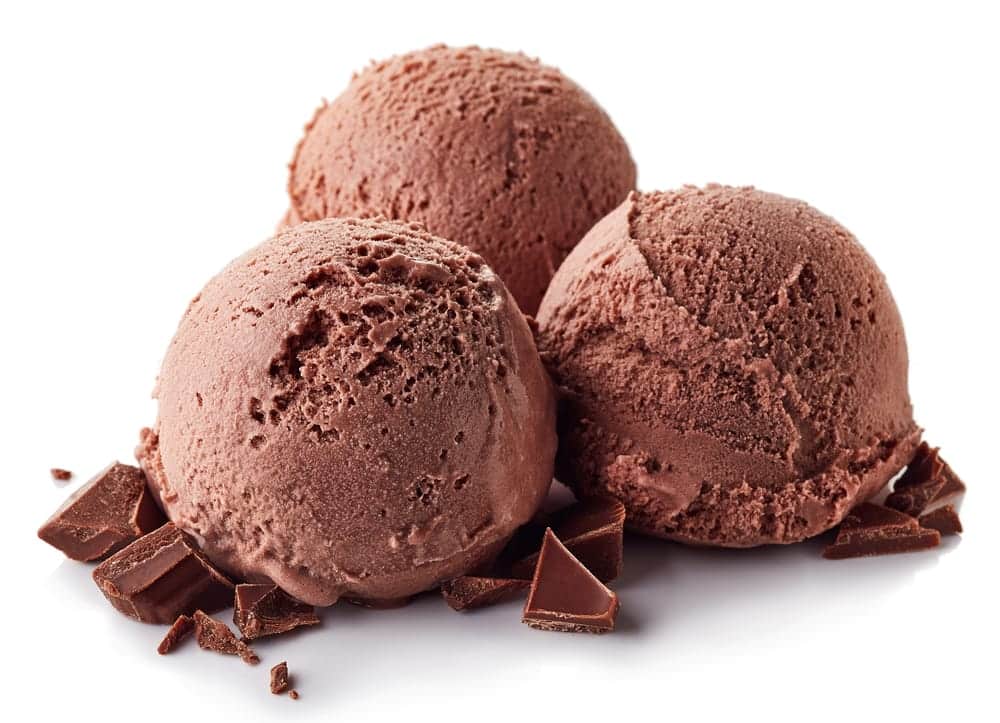
The Ingredients of Chocolate Ice Cream and Their Effect on Cats
1. Milk
The main ingredient of chocolate ice cream is milk. While a kitten enjoying a saucer of milk is a common image, in most cases, drinking milk and consuming dairy products can do more harm than good to a cat.
Healthy cats that have a well-balanced diet and drink enough water don’t need milk. Also, most cats are lactose intolerant because they don’t have the enzyme to digest lactose. Although cats are born with the enzyme, they lose the ability to produce it as they grow, meaning most adult cats experience gastrointestinal problems after ingesting milk.
2. Cream, Melted Chocolate, and Cocoa Powder
Chocolate ice cream usually contains cream, melted chocolate, and cocoa powder. These compounds are unhealthy for cats, and eating them could lead to several health issues.
Cream is not inherently toxic to cats, and cats are very fond of it due to its high fat content. However it is not healthy for them due to the fact that it contains lactose, is high in calories, but lacks nutritional value.
Melted chocolate and cocoa powder are toxic to cats; ingesting these ingredients could cause several health problems.
Chocolate contains theobromine and small amounts of caffeine, which are extremely dangerous to cats. Eating melted chocolate or cocoa powder could lead to toxicity in cats and cause the following signs which will depend on the amount consumed and the type of chocolate:
- Diarrhea
- Vomiting
- Lack of appetite
- Increased thirst
- Increased urination
- Restlessness
- Increased heart rate
- Panting
- Rapid breathing
- Muscle tremors
- Shaking
- Seizures
- Coma
Although chocolate containing products like chocolate ice cream will contain less of these toxic compounds, there is still a risk if your cat has eaten a large amount or the ice cream has a high percentage of dark chocolate or cocoa.
3. Sugar or Artificial Sweeteners
Chocolate ice cream is usually full of sugar, though many ice cream manufacturers use artificial sweeteners instead, which could also be bad for your cat’s health.
Generally speaking, cats don’t need anything sweet in their diet. In fact, these animals lack the taste receptors for sweetness 1.
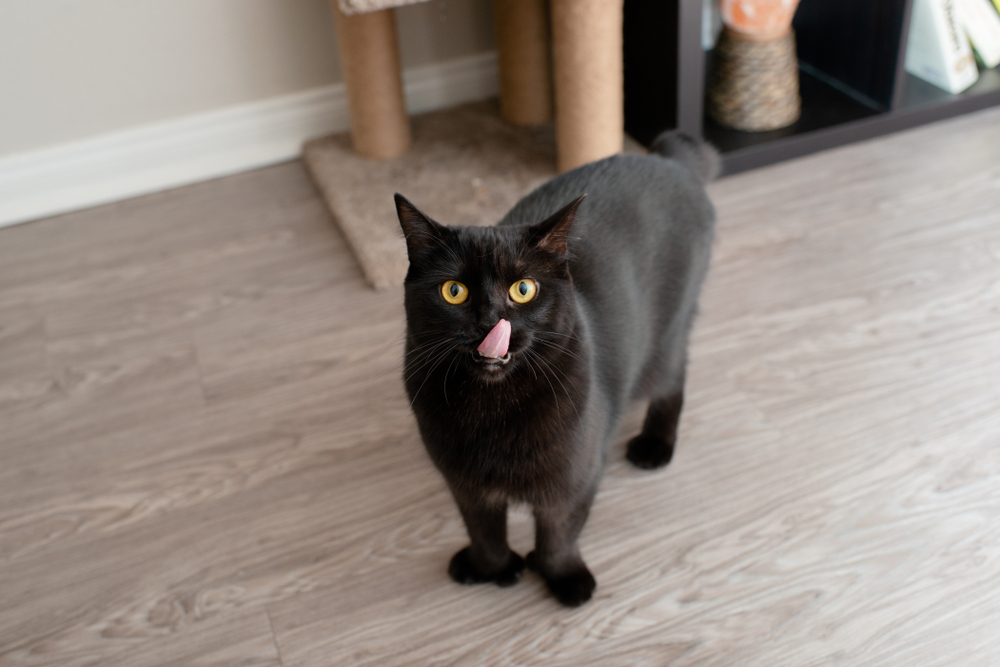

Why Is Chocolate Ice Cream Bad for Cats?
Chocolate ice cream contains milk, sugar, and chocolate, which are ingredients that are unnecessary for cats and could cause multiple problems with their health. Eating chocolate ice cream could lead to gastrointestinal problems due to the high lactose and sugar content, making your cat vomit or causing diarrhea.
Eating this type of ice cream in large amounts could potentially lead to chocolate toxicity, which is why it’s best to keep it away from your cat.
What Should I Do If My Cat Eats Chocolate Ice Cream?
Since small amounts of chocolate ice cream are not expected to cause toxicity in cats and so a few licks of ice cream is unlikely to cause that many issues. However, if your cat eats large quantities of chocolate ice cream or the ice cream contains dark chocolate, it could lead to problems, so it is best to speak to your vet for advice. Let them know the ingredients, how much your cat has eaten and any signs they are showing so they can determine the best course of action.
Always monitor your cat for any concerning signs such as vomiting or diarrhea and speak to your veterinarian if any develop.
If you need to speak with a vet but can't get to one, head over to PangoVet. It's an online service where you can talk to a vet online and get the advice you need for your pet — all at an affordable price!


Frequently Asked Questions
Can Cats Eat Other Ice Cream Flavors?
Technically speaking, cats can eat other ice cream flavors, most of which are “better” than chocolate, mainly because they don’t generally contain toxic ingredients. Still, just because ice cream flavors like vanilla and strawberry are not toxic to felines, that doesn’t mean cats should eat them.
Cats can experience digestive upset regardless of the ice cream flavor that they ingest due to the milk, cream, and sugar. Also, eating ice cream provides almost no nutritional benefits for cats, which is why it’s best to avoid offering any human ice cream flavors to your furry companion. Instead, consider offering healthier substitutes.
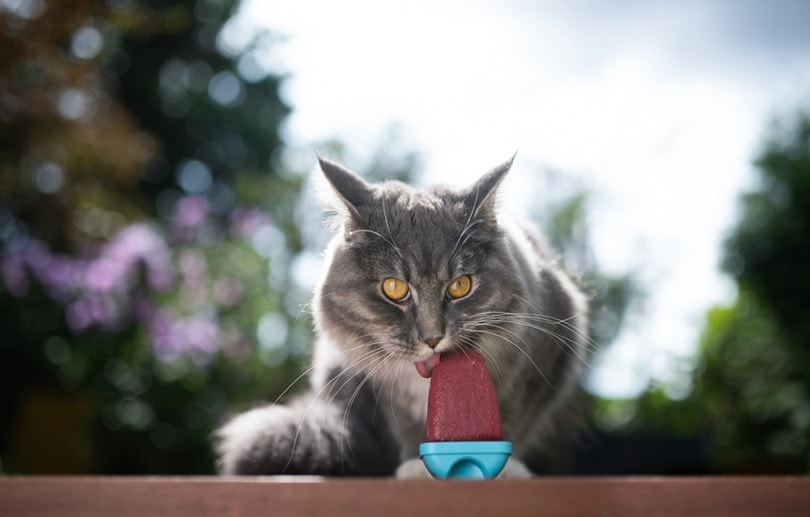
Are There Any Cat-Friendly Alternatives to Chocolate Ice Cream?
If your cat is fond of a frozen treat, there are some recipes you can try containing cat-safe ingredients. Always check with your vet before adding new foods into your pet’s diet and remember that treats should make up no more than 10% of your cat’s daily caloric intake.
- Blueberry ice cream — Mix cat food with blueberries and ice cubes, and blend them. Freeze this mixture, and your cat-friendly blueberry ice cream is ready!
- Cucumber ice cream — Mix cucumber (remove the seeds), cat milk, and ice, and blend them to make a delicious cucumber ice cream for your feline.

Final Thoughts
Chocolate ice cream is not good for our feline friends and they should not eat it. Not only does it contain chocolate which can be toxic, but it also contains lactose and sugar which can make them unwell. If you are looking to help your feline friend cool off on hot summer days, you can make cat-safe ice cream alternatives for them.
Featured Image Credit: musicphone, Shutterstock


